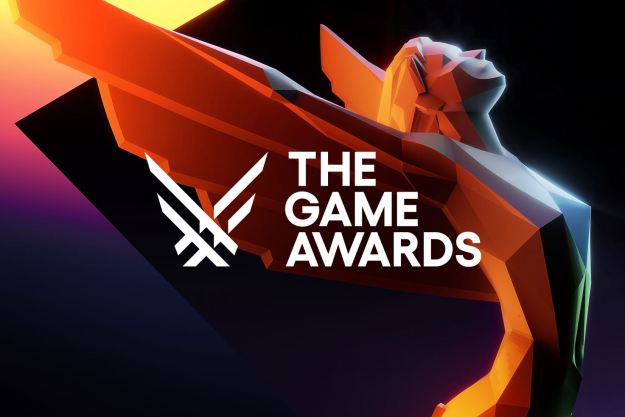I can probably cover the problems with one long sentence. Each console has unique advantages and disadvantages but no one game plays on all of them (and you often have to buy different versions of the game for each anyway). While PC Games have to deal with a missive diversity of hardware and operating systems with the result being that they typically aren’t as reliable as they need to be and fall well short of cutting edged performance.
This increases substantially the cost of developing a new game and reduces the value of that game to us because if we don’t have the right platform we won’t buy it, and if it sucks on the platform we have we’ll likely not buy another.
Ideally the game developers would like a market where everyone had access to the same hardware and the buyer would like a market where they don’t have to spend hundreds on new hardware just to play one game.
What if you hosted the entire game experience and provided it as a service?
The Concept of PC Blades or NComputing
HP and Clear Cube sell a corporate solution which allows a PC to be centrally located, placed on a high density rack with each PC on a single card and either shared or dedicated to each user dynamically with up to workstation levels of performance. NComputing does something similar but with a single PC shared to a bunch of users and the concept could be provided as a service (but currently isn’t).
Now what if you did the same thing for Xbox, PS3, and Nintendo with a universal client in the home that would accept peripherals from all three devices? You could probably build it into a box and the bandwidth required easily fits within the concept of Visual Computing that Cisco has been aggressively selling into the market.
In fact they just started selling an impressive dual channel wireless router, the WRT610N which has two wireless networks built in – one for data and one for multimedia that would fit this use model particularly well.
The resulting service would charge you a monthly fee to access a variety of gaming and possibly personal computing resources that would change or scale to your need (from low end graphics for solitaire to a multi-card crossfire or SLI configuration if you wanted to play something like Crisis). The final benefit is it would never become obsolete as the service would update the hardware to ensure its clients would remain current.
And, if you wanted to try a Mac, you’d just accept the Mac option much like you would subscribe to Showtime on Cable.
Charges would be similar to cable where more capability and game selection running on higher end hardware for more time would be premium priced over someone who just wanted to run console games.
Benefits to Developers
The big one is they could always focus on near leading edge hardware and pick the console based on how well their game would play on it rather than constantly trying to find the lowest common denominator or the best balance between market penetration for a console and game performance. More people could easily try vastly more games and they would be focused like a laser on creating titles that drove ever higher sustained traffic. This not only leads to happier customers but happier and richer game developers. Pirating pretty much goes away because: One, what is the point if you are subscribing anyway, and two how are you going to load the game?
Alternative: PC Virtual Machines
Another way to do this would be with a virtual machine (VM) model where you had a light version of Windows designed to just run games in one virtual machine and console emulators in others with adopters for all of the controllers. The issue here is you’d need one heck of a cutting edge system to have the performance you’d need though you still could use the NComputing model to share that one super powered machine with everyone in the house (though the sharing model would get ugly if one person was using all of the performance for gaming).
So, while this would be a great way to drive the sale of high end gaming rigs, too few people can afford them so I doubt it would scale to meaningful numbers. But it is interesting to think about.
Moving Towards the Cloud Anyway
I expect, given current trends, that by 2020 we’ll likely be living in a model like this anyway because that is where cloud computing is headed and the current complex client-oriented world is simply too complex and inefficient to survive much longer than a decade without significant changes.
Of all the players, only Microsoft is doing a blend of PC and Console and providing a substantial library of downloadable games and multimedia content. Still they are a long way from hosting the console- but just think how huge a change like that would be in this market?
I’ll continue to think we are at the beginning of a massive change. The consumer market feels ready for a major change and I think this may be one of the changes that could be born out of the current adversity. What do you think?
Editors' Recommendations
- What’s free on the Epic Games Store right now?
- What’s new in March 2024: 7 upcoming games that you should check out
- What’s new in February: Final Fantasy VII Rebirth and more upcoming games
- Our 4 biggest predictions for what gaming will look like in 2024
- We predicted gaming’s 2023 future last December. Here’s what we got right


